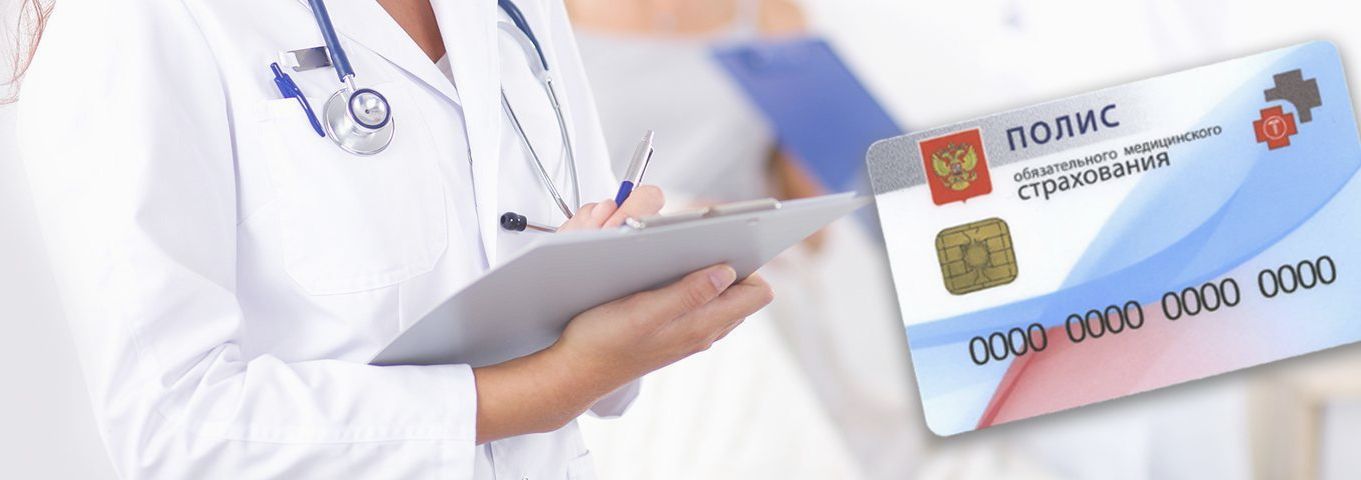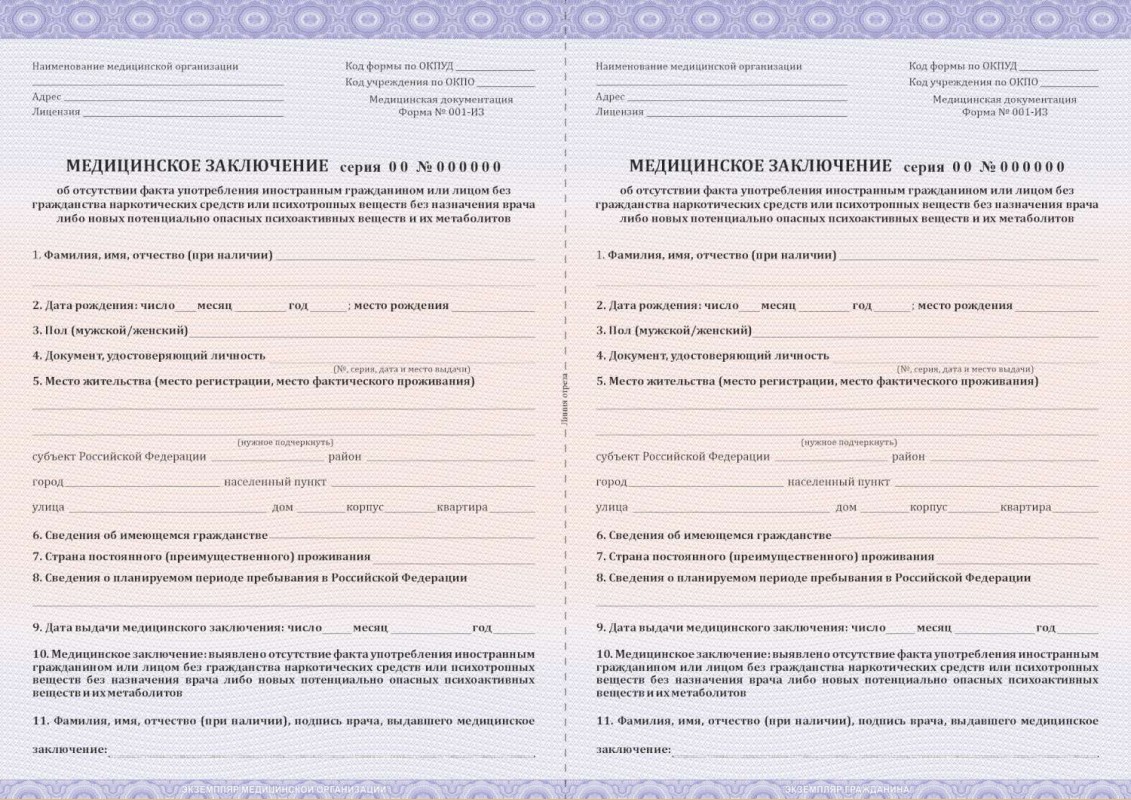Mandatory health insurance (OMS) is a system that allows access to free medical care. In Russia, both citizens and foreign nationals with a health insurance policy can receive treatment and undergo examinations under OMS.
Medical assistance is provided in state and private institutions that are part of the OMS system.

Who Must Have a Policy
Anyone coming to Russia for work or planning to stay long-term must have a mandatory health insurance policy. This includes individuals with a temporary residence permit, residence permit, work patent, or work visa. Even students must have a policy to access medical care. Without it, registration may be denied, fines issued, or deportation initiated. It is also impossible to obtain a work permit, arrange temporary or permanent residence, or even get medical assistance at a clinic without a policy.



